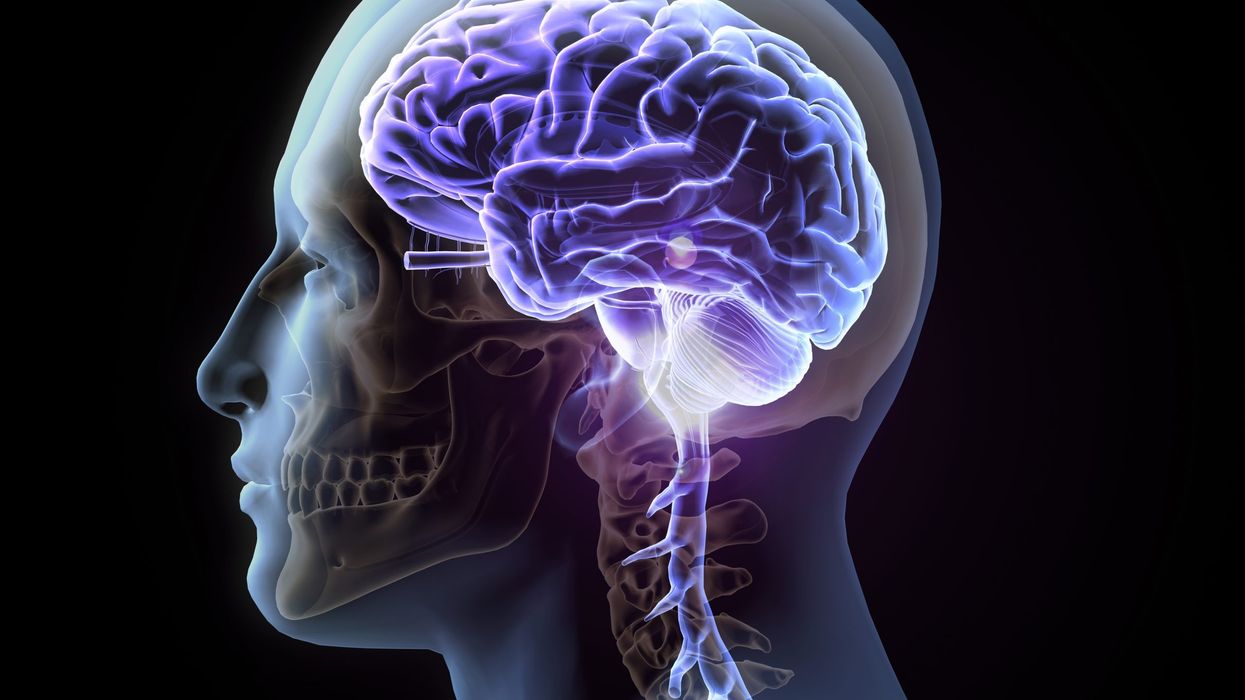Experts warn that over-the-counter supplements that claim to boost a person's memory and cognitive function may be useless and probably even a waste of time and money.
However, supplements marketed for brain health are reportedly becoming increasingly popular the world over, generating $3 billion in global sales back in 2016 and a projected $5.8 billion in 2023, Pharmacy Today informs.
According to the American Association of Retired Persons’ (AARP) spending analysis on six different brain health supplements, Americans older than 50 years reportedly spend more than $93 million a month on these products alone.
Unlike over-the-counter (OTC) drugs and prescription drugs, the dietary supplements, including those for brain health, are not approved by Food and Drug Administration (FDA) before they are made available in many stores and online retailers.
For this reason, manufacturers have little incentive to provide scientific evidence to support their claims, Pharmacy Today states.
A 2019 AARP survey shows that 81% of adults aged 50 years and older believe that supplements are important for overall health.
Additionally, another 49% supposedly believe that FDA ensures these products’ safety and effectiveness.
Dr Douglas Scharre, a neurologist at Ohio State, told United Press International (UPI), “People have been using supplements for memory boosting for hundreds of years, and some are so common you find them for sale in a grocery store.”
He adds, “The truth is, for some people, these products may provide some benefit, but for most they do not.”
These supplements can be both a waste of time and money, Daily Mail notes.
Sarah Lenz Lock, senior vice president for policy at the AARP seems to have the same opinion as Dr Douglas. She reportedly said, “Supplements for brain health appear to be a huge waste of money for the 25 percent of adults over 50 who take them.”
She adds, “These people taking these pills are spending between $20 and $60 a month and flushing dollars down the toilet that could be better spent on things that actually improve their brain health.”
Global Council on Brain Health (GCBH) recommends that patients get the nutrients necessary for brain health from a balanced, healthy diet rather than from supplements.
GCBH also recommends that patients should consult their healthcare provider before taking any supplement for brain health.
These supplements are not highly regulated, which means there is no clinical backing behind the claims of effectiveness they make.
With regard to this issue, Ronald Peterson, director of the Mayo Clinic Alzheimer's Disease Research Center, is reported to have said, “The market is so large they get by without rigorous documentation of the efficacy of their products.”
The Daily Mail informs that OTC supplements do not contain controlled substances, if they did, the FDA would not allow them to be on the shelves, therefore, they are generally safe.
However, doctors seem to be afraid that some people are turning to these useless supplements instead of seeking out medical care to treat the early signs of cognitive issues.
“Memory loss has always been a concern for people as they age,” Dr Anne Hume, a professor of pharmacy practice at the University of Rhode Island, told UPI.
She adds, “Lots of people are taking these supplements because they want to prevent Alzheimer's and dementia.”
According to the 2019 AARP Brain Health and Dietary Supplements Survey, almost 26% of Americans aged 50 years and older take supplements regularly for their brain health, Pharmacy Today informs.
Amongst these people, 21% take these supplements to maintain brain health, 20% to improve their brain health, 11% to delay the onset of dementia, and 8% to reverse dementia.
On the other hand, the GCBH has found that there is not enough scientific evidence to support recommending any type of brain health supplement for most adults.
The GCBH also encourages healthcare providers to routinely ask patients about their use of any dietary supplements, as well as to evaluate and treat patients for any vitamin and mineral deficiencies that may affect memory and cognition.
They affirm that for patients without these deficiencies, healthcare providers should recommend a healthy lifestyle and dietary interventions to promote brain health.
For instance, a few studies have shown that those who eat fatty fish and other types of seafood have a lower risk of declining memory and thinking skills and Alzheimer’s disease.
However, this benefit is not shown with the consumption of omega-3 fatty acid supplements, the GCBH notes.












